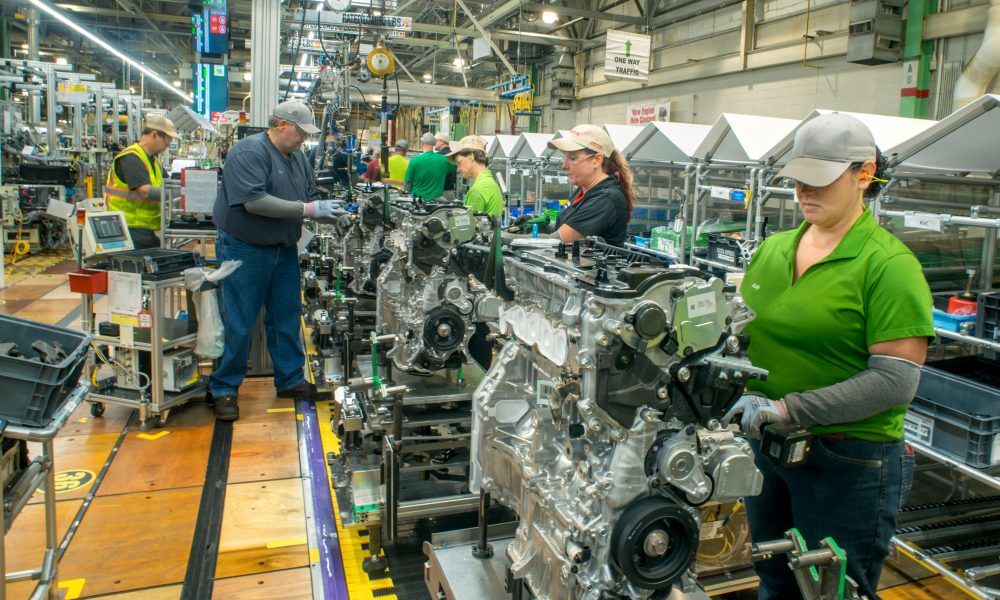The lack of forms for certification of origin in the automotive sector under the Mexico–U.S.–Canada Agreement (USMCA) creates inefficiencies in the regional industry, said the Motor & Equipment Manufacturers Association (MEMA).
MEMA noted that the Alternative Transition Regimes (ATRs) present additional burdens for automotive parts producers.
In its comments to the U.S. Trade Representation (USTR), MEMA noted that, due to the different rules applicable to vehicle producers under the ATRs, «vehicle parts producers have to meet multiple deadlines and different targets depending on the alternative staging regime applicable to their automobile manufacturer customers.»
In addition, MEMA stated that the lack of a specific form for certifying USMCA origin has also increased the administrative burden on parts producers.
For its part, USTR exposed that in the absence of a specific form for claiming origin, automakers and parts suppliers along the supply chain have created their own forms and formats for collecting information, resulting in a lack of consistency between automotive and parts suppliers.
Certification of Origin
Overall, USTR noted that the automotive industry expressed support for ATRs and the flexibility they provide.
Given the supply chain disruptions related to Covid-19 and others, the automotive industry recommended that USTR maintain or even extend that flexibility for longer periods or for new market entrants.
Currently, according to USTR, there is no alternative staging option available for new market entrants that did not have production coming online during the mid-2020 ATR filing period.
The USMCA allows importers to complete a certification of origin that includes nine required data elements as well as a certification statement. These data elements do not need to follow a prescribed format.
Also, the USMCA allows the certification of origin to be completed and signed with an electronic or digital signature.
These new requirements are a change from NAFTA, which required a uniform certificate of origin that could only be signed by the exporter or producer of the goods.
In addition, NAFTA certificates required a wet signature and did not allow electronic signatures.
![]()

